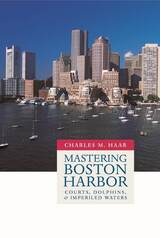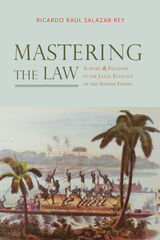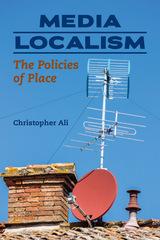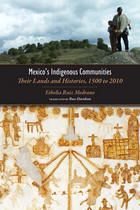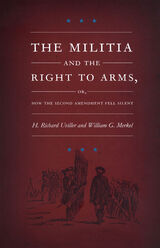Planetarity from Below: Decolonial Ecopoetics of Migration and Diaspora
University of Michigan Press, 2026
Cloth: 978-0-472-07781-6 | Paper: 978-0-472-05781-8 | eISBN: 978-0-472-90542-3 (OA)
See other books on: Australian & Oceanian | Below | Diaspora | Indigenous | Migration
See other titles from University of Michigan Press
Cloth: 978-0-472-07781-6 | Paper: 978-0-472-05781-8 | eISBN: 978-0-472-90542-3 (OA)
ABOUT THIS BOOK | AUTHOR BIOGRAPHY | REVIEWS | TOC
ABOUT THIS BOOK
What can migrant ecologies teach us about collective planetary futures? In Planetarity from Below, Emily Yu Zong argues that modern freedom has framed migration in anthropocentric terms, neglecting that migration is also an ecological process. Analyzing a diverse body of migration literature across Australia, North America, and China, she explores how these works unlearn modern capitalist systems of property, individualism, and freedom while imagining collaborative and ecological survival from the margins.
Through short stories, memoirs, speculative fiction, poetry, and documentary films, Zong unpacks a decolonial migrant ecopoetics, revealing a pluralist method of worldmaking—from Australia’s oceanic refugee camps, Indigenous Canadian land, and Chinese migrant worker sweatshops, to climate futures. These migrant ecologies imagine freedom “from below” not simply as individual survival or assimilation but as an unruly and contingent process of shared creativity with animals, waters, minerals, waste, and technology.
Shifting environmental ethics from individual morality to a political ecology of sustaining life in precarity, Zong introduces decolonial knowledges, imaginations, and praxes that help us expand justice and freedom beyond the human, asking how borderland subjectivities can open new possibilities for multispecies flourishing.
Through short stories, memoirs, speculative fiction, poetry, and documentary films, Zong unpacks a decolonial migrant ecopoetics, revealing a pluralist method of worldmaking—from Australia’s oceanic refugee camps, Indigenous Canadian land, and Chinese migrant worker sweatshops, to climate futures. These migrant ecologies imagine freedom “from below” not simply as individual survival or assimilation but as an unruly and contingent process of shared creativity with animals, waters, minerals, waste, and technology.
Shifting environmental ethics from individual morality to a political ecology of sustaining life in precarity, Zong introduces decolonial knowledges, imaginations, and praxes that help us expand justice and freedom beyond the human, asking how borderland subjectivities can open new possibilities for multispecies flourishing.
See other books on: Australian & Oceanian | Below | Diaspora | Indigenous | Migration
See other titles from University of Michigan Press



